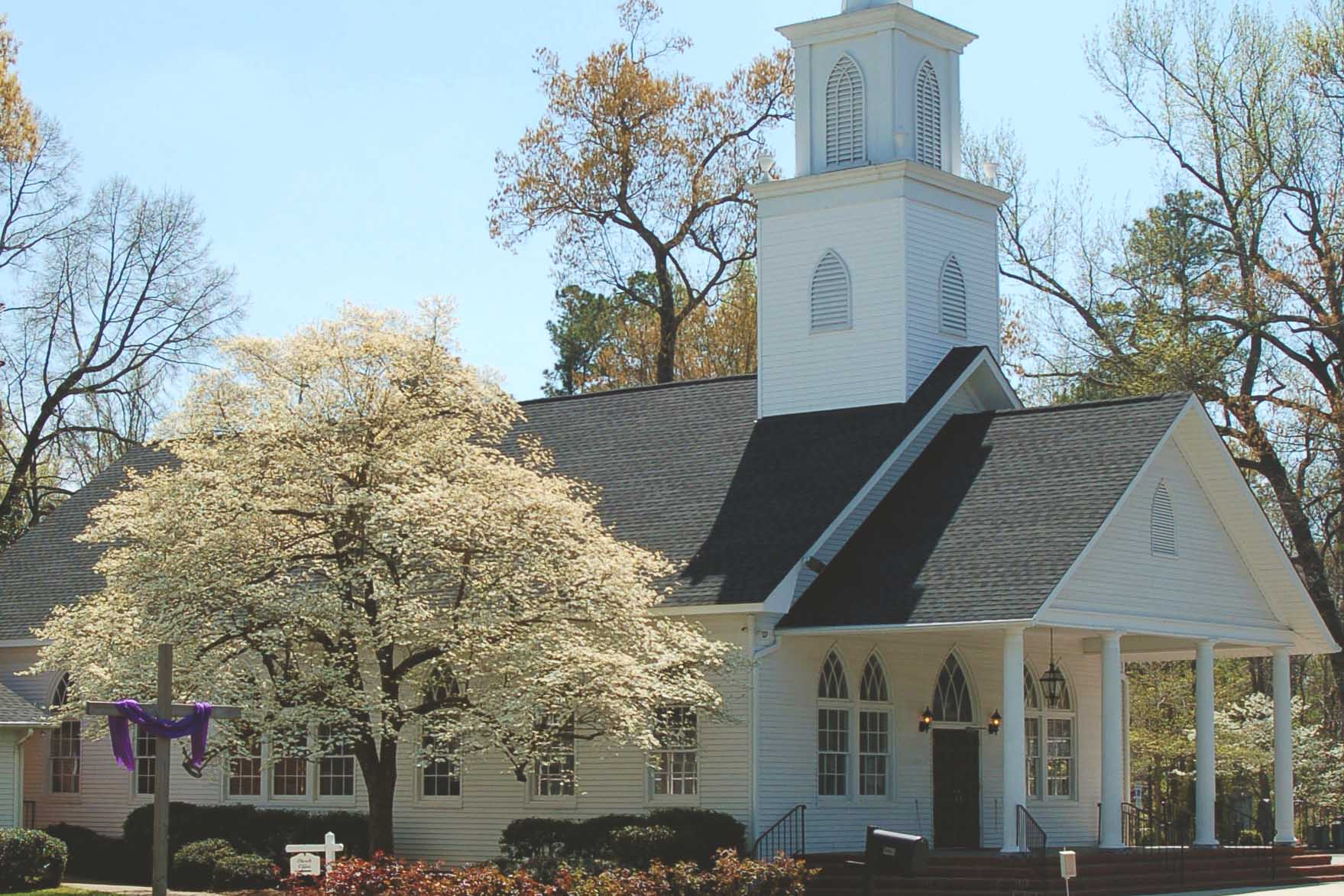Sabbath Living

-
Christian clergy may be interested in keeping Sabbath, which is one of the Ten Commandments and has been conceptualized for Protestant clergy as a “day to pray and play.” The play aspect of Sabbath-keeping may generate positive emotions, and the prayer aspect may enhance psychological well-being. In addition, if either of these activities are done with others, Sabbath-keeping may improve social support and therefore social well-being. In this project, the organization Blessed Earth will continue delivering Sabbath-keeping workshops paired with a Sabbath-keeping maintenance component (regular contact with Sabbath chaplains) to United Methodist clergy in North Carolina. We will evaluate this Sabbath Living intervention using a comparison design of clergy who complete a Sabbath-keeping workshop and go on to keep Sabbath regularly, compared to clergy who complete a Sabbath-keeping workshop and do not go on to keep Sabbath regularly. In the first 14 months, we will conduct formative evaluation activities, including qualitative interviews with these two groups of clergy, held post-workshop at 3, 6, and 12 months, to understand perceived barriers and facilitators to keeping Sabbath and perceived benefits and detriments to mental health and social support. We will also conduct a survey at baseline, 3, and 9 months post-workshop and compare these two groups of clergy on the primary outcomes of positive mental health and spiritual well-being; the secondary outcomes of depression and anxiety; and the mediator of social support.
-
-
Principal Investigator: Rae Jean Proeschold-Bell
-
CHPIR Staff: Heather Parnell, Jia Yao
-
-
- Funder: The Duke Endowment awarded a grant to Blessed Earth (PIs: Matthew Sleeth, Nancy Sleeth), with a subcontract awarded to Rae Jean Proeschold-Bell
- Project Dates: 12/1/16 – 11/30/20